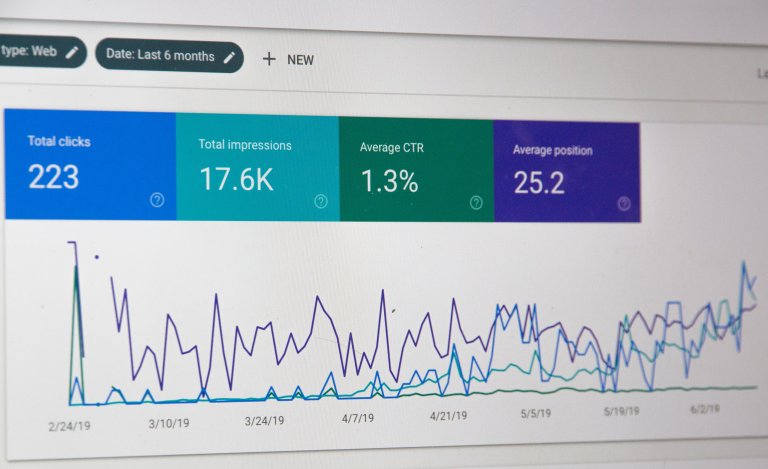Finance Property in Brazil
Brazil is a beautiful country with a thriving economy and an attractive real estate market. Investing in property in Brazil can be a lucrative venture, but it’s important to understand the financial aspects before making any decisions. In this article, we will discuss the key points to consider when financing property in Brazil.
The Brazilian Real Estate Market
The real estate market in Brazil has been on a steady rise over the past few years. The demand for property, especially in cities like Rio de Janeiro and Sao Paulo, has been increasing due to the growing economy and a rise in foreign investments. According to experts, this trend is expected to continue in the coming years, making it a favorable time to invest in Brazilian property.
The Legal Aspects of Property Ownership
Before purchasing property in Brazil, it is crucial to understand the legal aspects involved. Foreigners are allowed to own property in Brazil, but they need to adhere to certain regulations. It is recommended to hire a local attorney who specializes in real estate to guide you through the process.
One important aspect to note is that foreigners can own property in urban areas, but they are not allowed to purchase land in rural areas. Additionally, purchasing a property through a corporate entity is a common practice in Brazil, and it can help foreigners bypass some of the restrictions.
Financing Options for Property in Brazil
There are several financing options available for those looking to invest in Brazilian property. Local banks offer mortgage loans to both Brazilians and foreigners. The required down payment for foreign buyers can vary from 30% to 50% of the property’s value, depending on the bank and the individual’s profile.
In addition to traditional bank loans, there are also options for financing through developers or sellers. In this case, the buyer pays a certain amount as a down payment and then makes monthly payments directly to the seller. This type of financing can be a good option for those who do not want to deal with the bureaucracy and processes involved in obtaining a mortgage loan from a bank.
Another option is to finance through a construction company. In this scenario, the buyer pays a certain percentage of the property’s value during the construction phase and then completes the remaining payments after the property is ready for occupancy.
Understanding Interest Rates and Exchange Rates
It is important to keep in mind that interest rates in Brazil are generally higher than those in other countries. This is due to the country’s high inflation rate and economic instability. Before taking out a loan, it’s important to carefully assess the interest rates and calculate the total cost of the loan over its term.
Additionally, as the currency in Brazil is the Brazilian Real, it’s crucial to keep an eye on the exchange rates. Fluctuations in the exchange rate can significantly impact the cost of the property for foreign buyers. It’s recommended to consult with a financial advisor to understand the risks and plan accordingly.
Taxes and Fees
When purchasing property in Brazil, there are several taxes and fees to keep in mind. The main taxes are the ITBI (real estate transfer tax) and the IPTU (property tax). Both of these taxes are usually paid by the buyer. There are also additional fees such as registration fees, notary fees, and appraisal fees that are typically paid by the buyer.
It’s crucial to properly calculate all the expenses related to the purchase of a property to avoid any surprises and to ensure a smooth transaction.
The Importance of Due Diligence
Before finalizing a deal, it’s essential to conduct proper due diligence on the property. This includes checking the property’s title, ensuring that there are no liens or encumbrances, verifying the legality of the property’s construction, and checking for any potential zoning restrictions.
Due diligence is an important step that can help prevent any future complications or legal issues. It’s recommended to hire a lawyer to assist with this process and to ensure all legal aspects are thoroughly examined.
Conclusion
Investing in property in Brazil can be a profitable venture, but it’s important to carefully consider the financial aspects involved. Understanding the legalities, financing options, interest rates, taxes, and fees are crucial to making a successful investment. Diligent research, proper planning, and seeking professional guidance can help minimize risks and ensure a smooth and successful transaction when financing property in Brazil.


